UN urges withdrawal of mercenaries from Libya, welcomes unity government
The United Nations Security Council has called for an immediate withdrawal of all foreign forces and mercenaries from Libya as the conflict-ridden African country ushers in a new era with the formation of a national unity government.
In a unanimously approved declaration, the Council urged foreign fighters to leave Libya “without further delay”.
It also welcomed the Libyan parliament’s approval of a new unified government, which is set to lead the North African country to December elections after a decade-long conflict.
"The Security Council calls on all parties to implement the ceasefire agreement in full and urges member states to respect and support the full implementation of the agreement," the world body said in a statement.
A ceasefire agreement reached in October called for the withdrawal of all foreign forces and mercenaries in three months and adherence to a UN arms embargo, provisions which have not been met.
The UN said in December last year that there were about 20,000 foreign troops and mercenaries helping the opposing sides in Libya.
Calling for full compliance with the UN arms embargo by all member states, the 15-member body stressed on Saturday that plans were needed “for the disarmament, demobilisation and reintegration of armed groups, security sector reform and to establish an inclusive, civilian-led security architecture for Libya as a whole.”
Moreover, the council welcomed the parliamentary approval of Libyan Prime Minister Abdulhamid Dbeibah’s cabinet.
It said the new Libyan government should take necessary preparations to set Libya for "free and fair national presidential and parliamentary elections on 24 December 2021."
Libya's parliament granted a vote of confidence to Dbeibeh’s new unity government on Wednesday, with 132 votes of the 133 lawmakers who attended the session.
Libya, which sits atop the largest oil reserves in Africa, has been grappling with unchecked violence since the overthrow of former dictator Muammar Gaddafi in 2011 during an operation backed by the Western alliance of NATO.
Since 2014, two rival seats of power have emerged in Libya, namely the UN-recognized government based in the capital Tripoli, and another camp based in the eastern city of Tobruk, backed militarily by armed rebels.
The country descended into unprecedented chaos last year after the so-called Libyan National Army (LNA) under rebel commander Khalifa Haftar moved toward Tripoli to seize the city. They were repelled by government forces.
The conflict has escalated into a regional proxy war fueled by foreign powers pouring weapons and mercenaries into the country, with the Tripoli government receiving major backing from Turkey, and the rebels from the United Arab Emirates, Egypt, and Jordan.
Canada’s Yukon town council at standstill over refusing oath to King Charles
Yemen's Houthi calls for jihad to protect Palestine against Israel
VIDEO | Internal rifts within Israel
Russia launches 'ICBM' for first time against Ukraine: Kiev
Scores killed as Takfiri terrorists target Shia Muslims in Pakistan
Pezeshkian to US, Europeans: You are killing women, children
VIDEO | COP29: another climate failure?
ICC issues arrest warrants for Netanyahu, Gallant for war crimes





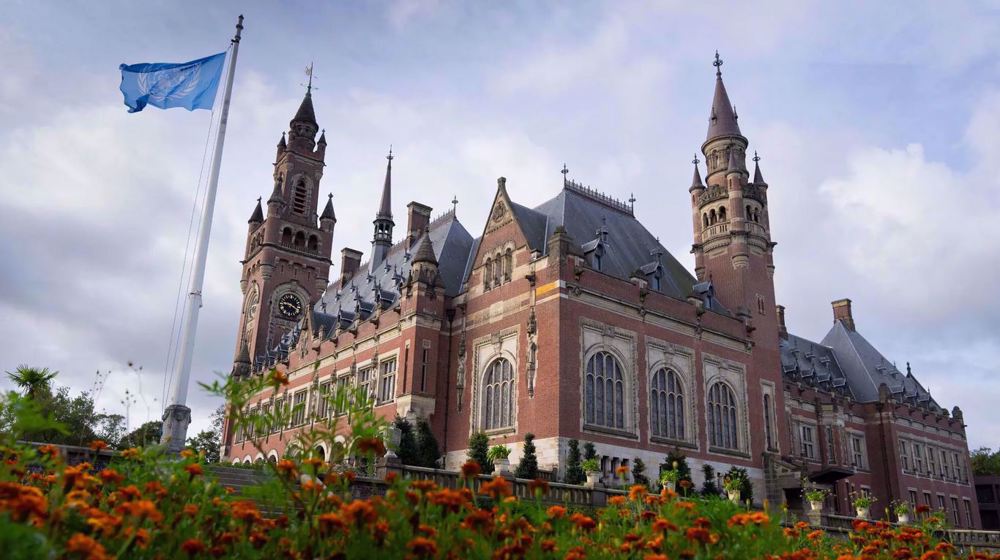

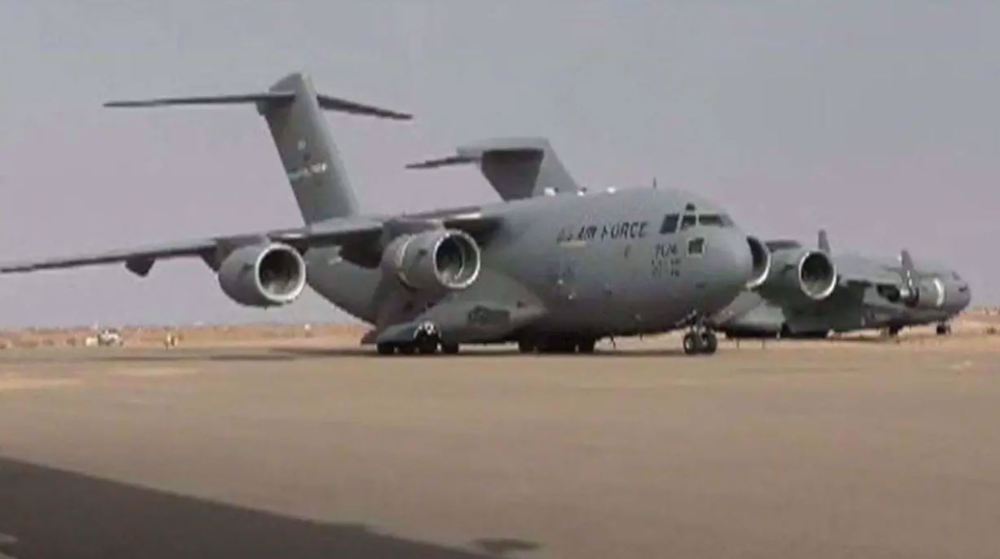



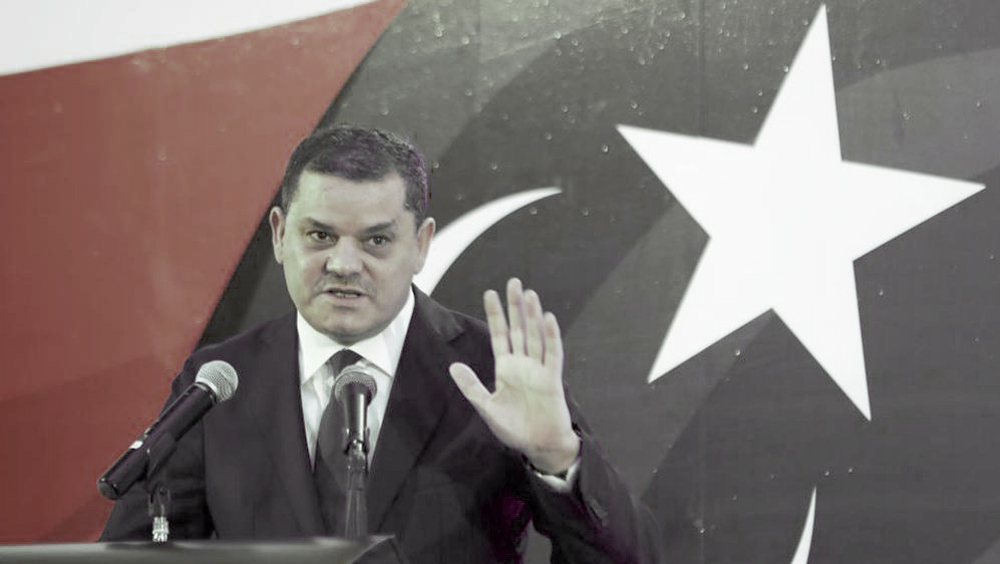
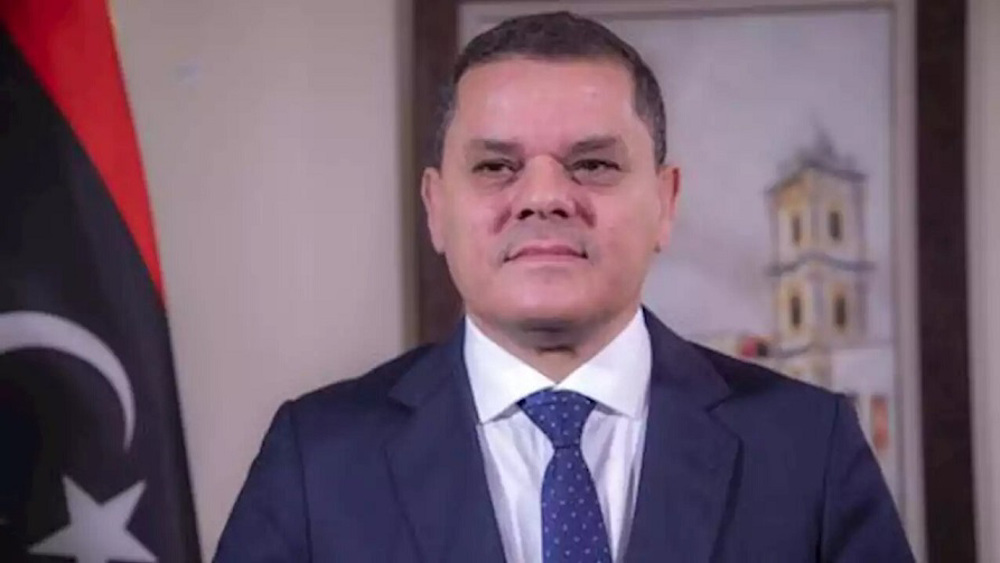

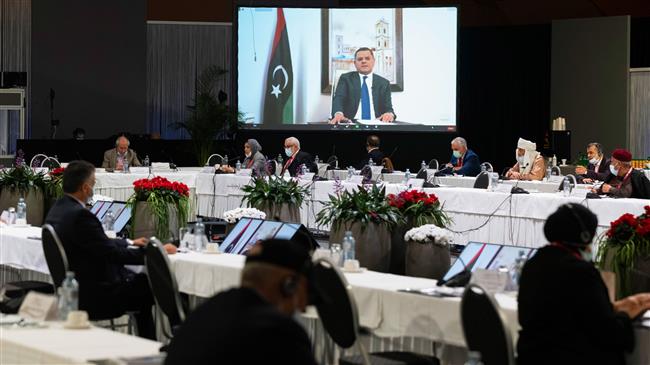
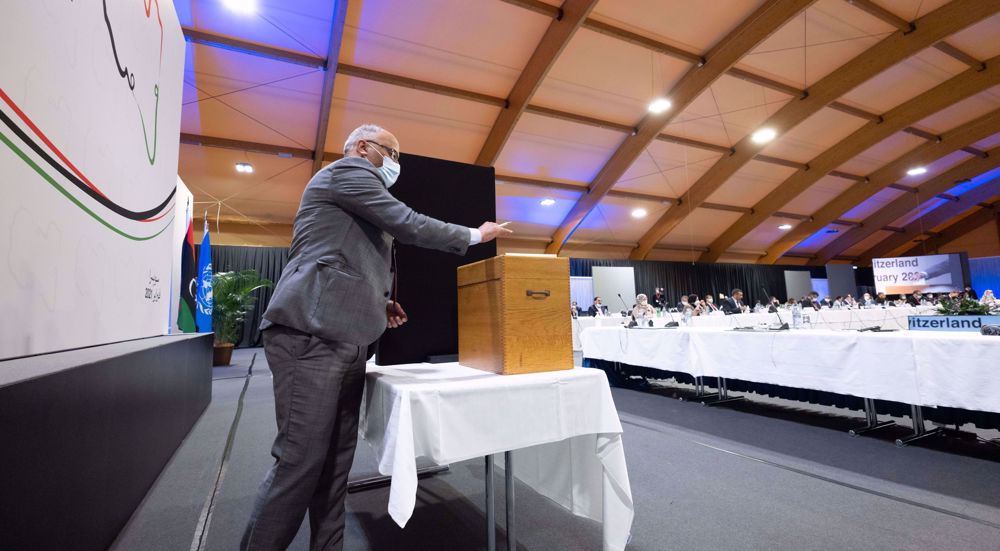
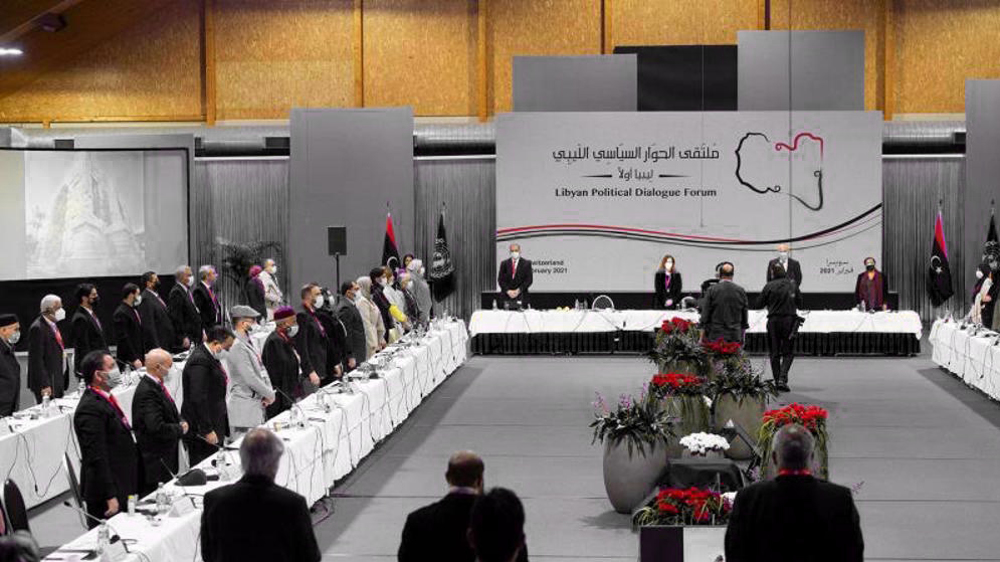
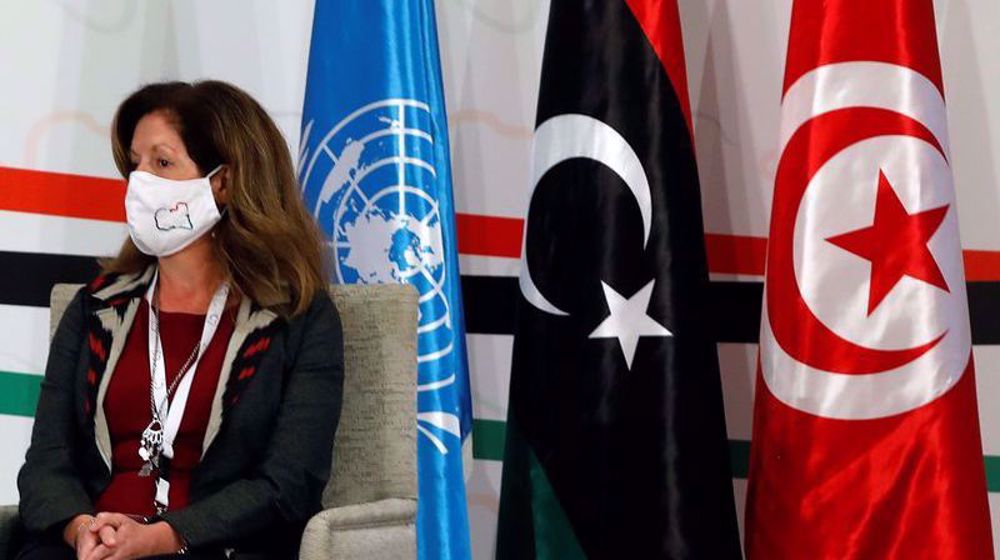

 This makes it easy to access the Press TV website
This makes it easy to access the Press TV website